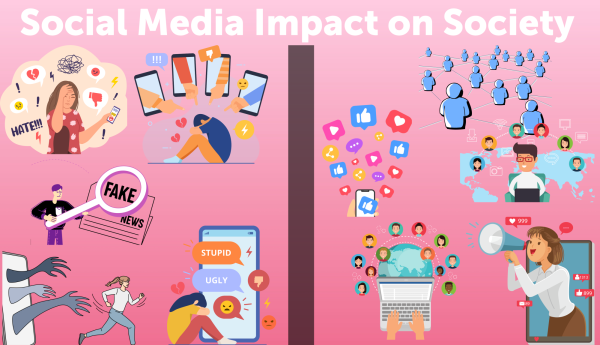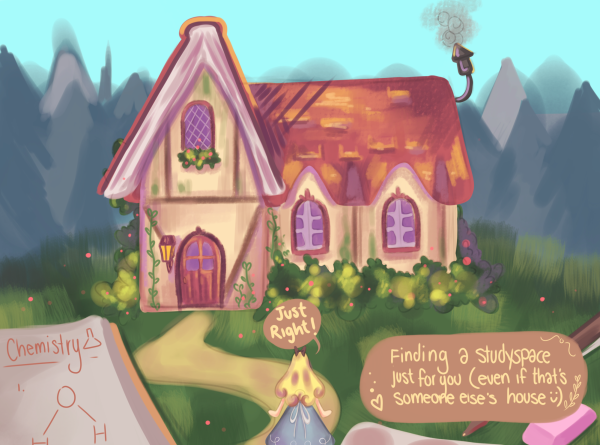Learn, Stand Up, and Never Forget: The Holocaust and Modern Anti-Semitism
With the release of new information on education, we should look to diminish the present rise of anti-Semitism and build empathy for each other.
Photo Courtesy of Wikimedia Commons
A sign reading “Arbeit Macht Frei” is located outside of Auschwitz, a complex of Nazi concentration camps, translating to “work sets you free.” This false message greeted the victims of Adolf Hitler’s concentration camps, which he formed as an attempt to wipe out Jews and other groups of people during World War II.
November 1, 2020
On Jan. 27, 1945, Soviet troops arrived at the Auschwitz-Birkenau concentration camp in German-occupied Poland. There, they not only liberated the remaining people but revealed to the world the horrors of Nazi death camps. Jan. 27 is now recognized as Holocaust Remembrance Day.
The Holocaust was the genocide of the Jewish people, in addition to gay people, people with disabilities, and other ethnic and religious groups, across Europe lasting between 1941-1945. According to the United States Holocaust Memorial Museum, the best estimate of deaths from the Holocaust is currently over 11 million people in total, 6 million of which were Jews.
Present Day Anti-Semitism
[Experiencing anti-Semitism] made me realize that it is not just something that is in the news. It happens in other places, like your community and your neighborhood. — Rock Ridge alumnus Lauren Shapiro
Even though the Holocaust ended in 1945, anti-Semitism existed long before the 1930s and continues to exist today.
Before World War II and the Holocaust, two examples of anti-Semitism were in Medieval Europe where Jews were denied citizenship and rights, and the persecution and forced conversions of Jews during the Spanish Inquisition.
This past Hanukkah, a substantial number of anti-Semitic attacks were reported with many targeting communities of Orthodox Jews around New York City, an example of present-day anti-Semitism. On Dec. 28, an armed intruder entered the home of a Hasidic rabbi in an NYC suburb, stabbing and wounding five people just as they were gathering to light candles for Hanukkah, The New York Times reported. When the attacker was identified, he screamed, “I’ll get you,” according to the Times.
This attack is just one of many reported from the eight nights of Hanukkah. In 2019, the Anti-Defamation League recorded a total of 2,107 anti-Semitic acts, a 12% increase from 2018. The ADL also noted a 56% increase in assaults from the previous year. These incidents included harassment, vandalism, and assault.
“[Experiencing anti-Semitism] made me realize that it is not just something that is in the news. It happens in other places, like your community and your neighborhood,” Lauren Shapiro, a Rock Ridge alumnus who is Jewish, said. “Like any genocide, it is something that affected a lot of people. We shouldn’t just ignore that and the people that were discriminated against in the Holocaust,” Shapiro said. “I think that [current teaching methods] are effective, but there could be more on why anti-Semitism shouldn’t be as prominent. If we give people more education on the religion itself to show it is not as terrible as people push it to be, that would be good.”
The Importance of Education
Holocaust Survey graphic by MEGAN LANGSAM
On Sept. 16, the Conference on Jewish Material Claims Against Germany published data from the U.S. Millennial Holocaust Knowledge and Awareness Survey, a poll conducted across all 50 states on Millennials’ and Generation Z’s Holocaust knowledge. Researchers conducted 1000 interviews, or 200 per state, of adults from ages 18 to 39 between February and March 2020.
“It is very important [to teach the Holocaust in school] because it is a good modern example of man’s inhumanity to man, and we need to remember that no matter how advanced we think we are or have become, that it is still possible that people could do the unthinkable,” world history teacher Kevin Briscoe said.
The Blaze conducted a poll on social media asking students if they believe that they are educated about the events of the Holocaust. Out of the 65 responses to the poll, 40 students responded yes and 25 students said no. Due to the small sample size, we cannot conclusively determine what students know, but even with the few responses, it is evident that many students recognize gaps in their knowledge of the Holocaust.
“I think teaching about the events of the Holocaust, but also teaching about Judaism, about the history of Israel, and the people of Israel over the years can help minimize anti-Semitic behavior,” Briscoe said. “We do it here in ancient world history when we talk about the rise of Israel and the emergence of Judaism as a religious faith. We talk about the diaspora; and when talking about the Crusades, we bring up the fact that before western European Crusaders went to war against Muslims in the Middle East, they conducted a series of attacks on Jewish communities in Europe to make the point that throughout history the Jews have been persecuted. It’s really important to talk about that and make a positive change in terms of how we approach history and shape a better future.”
The importance of education on the Holocaust and the history of the Jewish people for Millennials and Gen Z cannot be ignored. According to data from Claims Conference, a group that provides care for Holocaust survivors, 63% of surveyees did not know 6 million Jews were killed in the Holocaust, 36% thought 2 million or fewer were killed, and 11% said the Jews caused the Holocaust. Additionally, some other misinformation that was found through the survey was that 22% of people said the Holocaust occurred during World War I, 32% were not familiar at all with Elie Wiesel, and 48% of people could not name a single concentration camp, death camp, or ghetto. Highlighting the importance of education related to the Holocaust, 67% of Millennials and Gen Z said they first heard of the Holocaust in school, the next place being home at only 9%. In addition to this, 64% of surveyees said that Holocaust education should be required in school.
It is very important [to teach the Holocaust in school] because it is a good modern example of man’s inhumanity to man, and we need to remember that no matter how advanced we think we are or have become, that it is still possible that people could do the unthinkable.
— World History teacher Kevin Briscoe
Current Events Give Cause For Change
In addition to the overall education concerning these issues and teachers acknowledging anti-Semitism and finding ways to prevent it in schools, world leaders are still meeting today to discuss anti-Semitism and the Holocaust.
On the 75th anniversary of the liberation of Auschwitz, more than 40 world leaders came together in Jerusalem to discuss the rise of anti-Semitism during the Fifth World Holocaust Forum, CNN reported.
“With concern about rising anti-Semitism around the world — from attacks in Pittsburgh, San Diego, Monsey, and Jersey City, to a declaration by the German city of Dresden of an emergency around the reemergence of Nazi ideology — this issue is front and center — made more urgent by the sense that some concrete measures need to be taken,” CNN contributors Oren Liebermann and Andrew Carey wrote.
Even though a comprehensive solution to ending anti-Semitism may not yet be possible, we need to show support for the Jewish people in our community.
“The hope now, especially with the concerns about rising anti-Semitism in the case of the synagogue in Pittsburgh and some other examples around the country, is it’s just important that people understand the value of standing up for everyone and their ability to live as a human being in this world,” Briscoe said.
As there are fewer Holocaust survivors alive to tell their stories, it is critical that factual and accurate information continues to be spread, to prevent the Holocaust from happening again. The results of the Claims Conference survey also further prove the significance and demand for education of the Holocaust. Schools across the country have the chance to educate the current and rising generation of students that will otherwise most likely not learn about the Holocaust. Learning about the entire history of Judaism, not just the Holocaust, can help create tolerance and understanding, for “those who cannot remember the past are condemned to repeat it,” as philosopher George Santayana said.

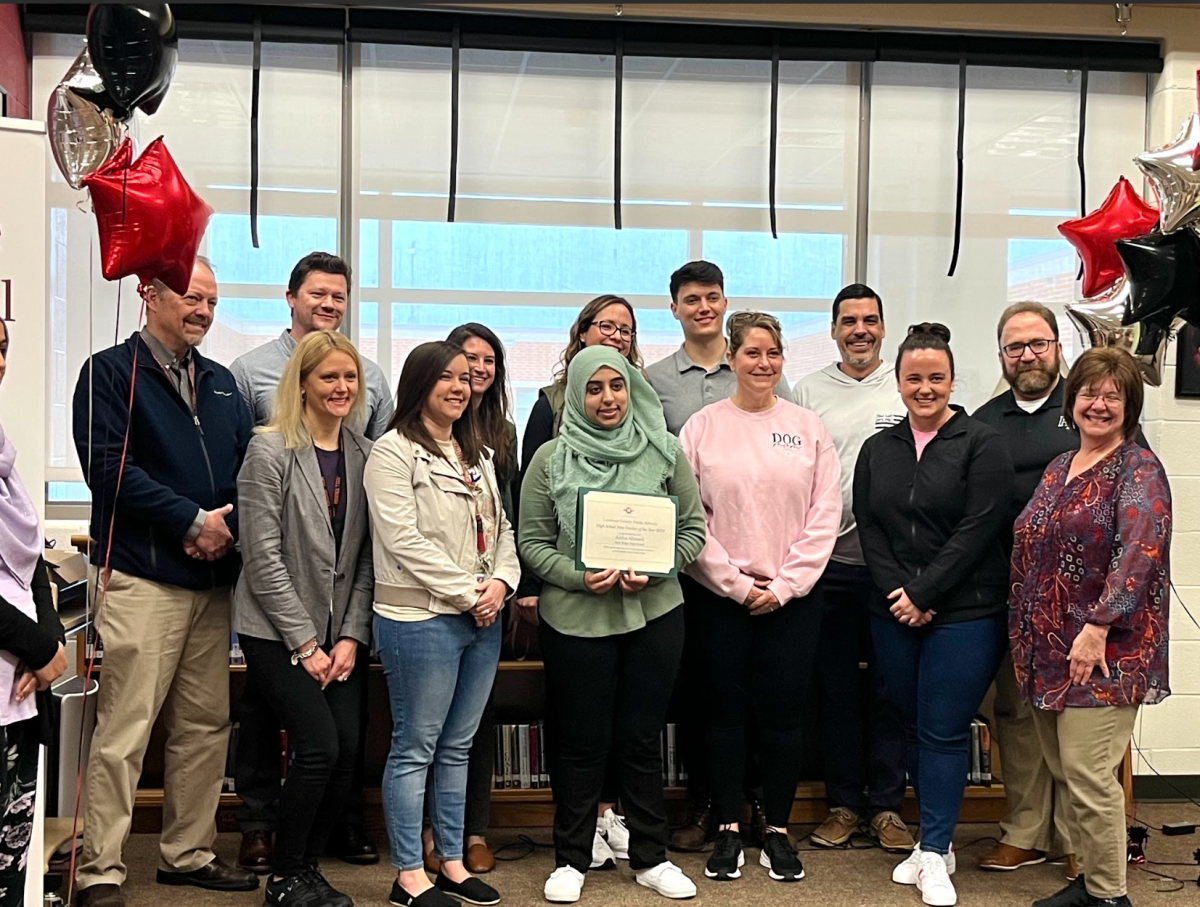
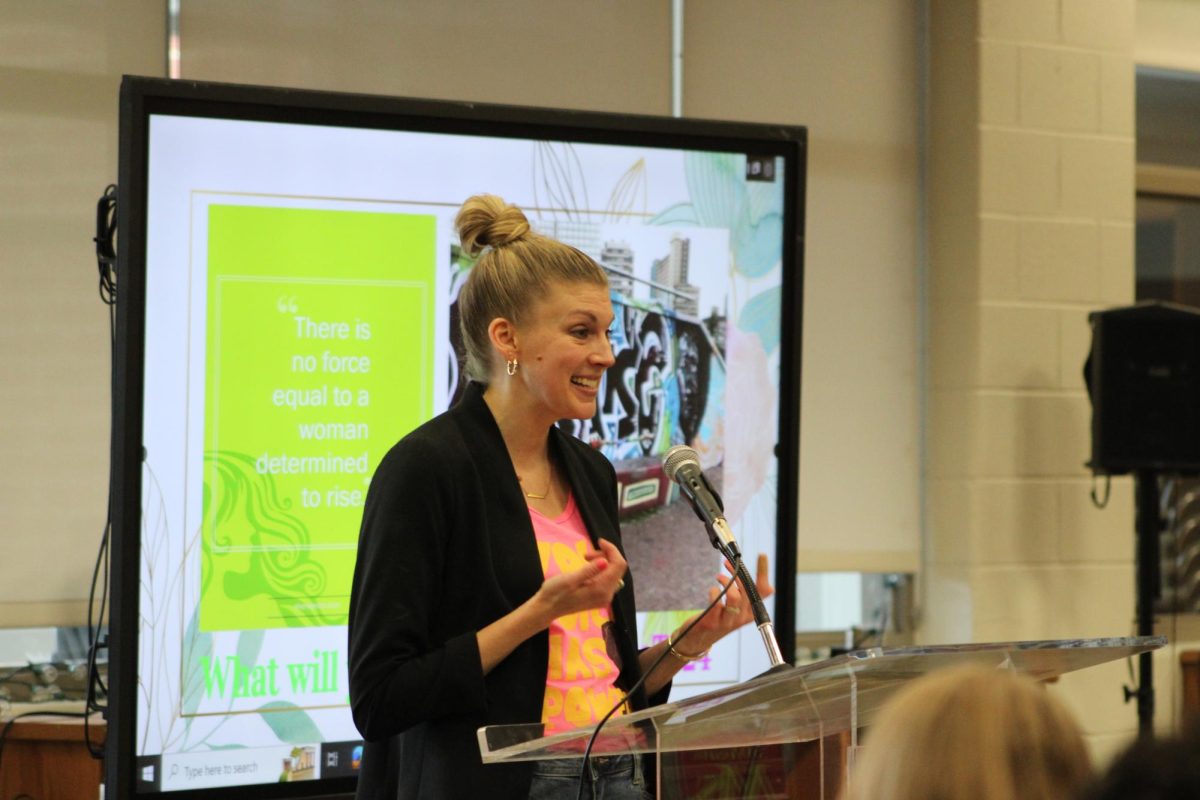
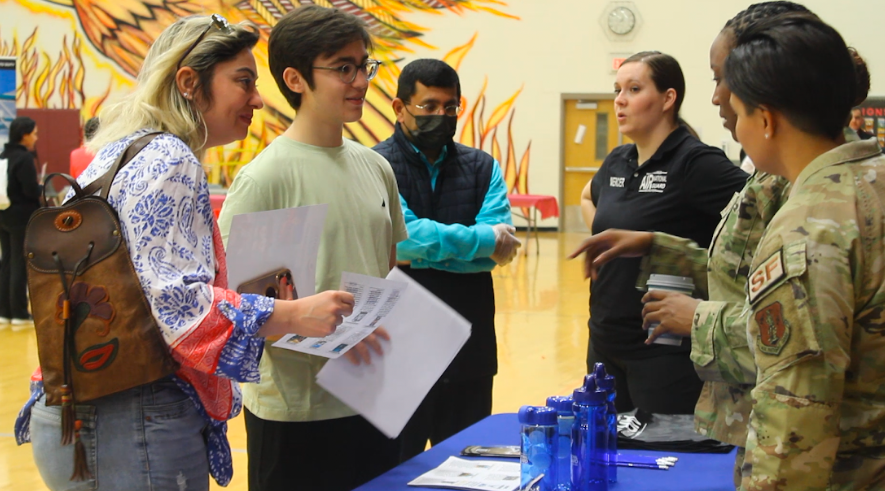
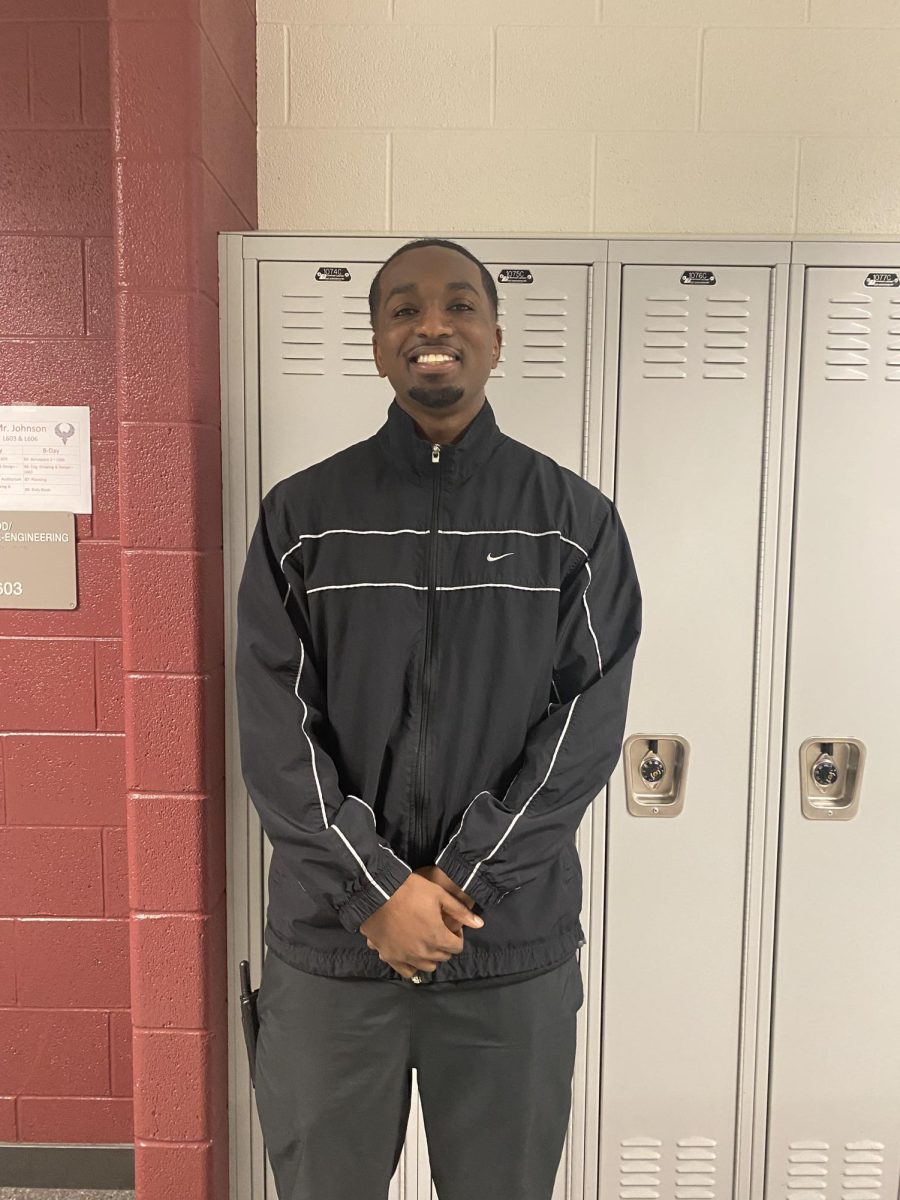
![Standing center stage, senior Ananya Akula conducts the Phoenix Chorale. “[Conducting and teaching] is really fun,” Akula said. “Music education is what I want to do.” On the day of the choir assessment, Akula found out that she received the President’s Music Scholarship – a full ride to the University of Miami Frost School of Music.](https://theblazerrhs.com/wp-content/uploads/2024/04/ananya-1200x800.jpg)
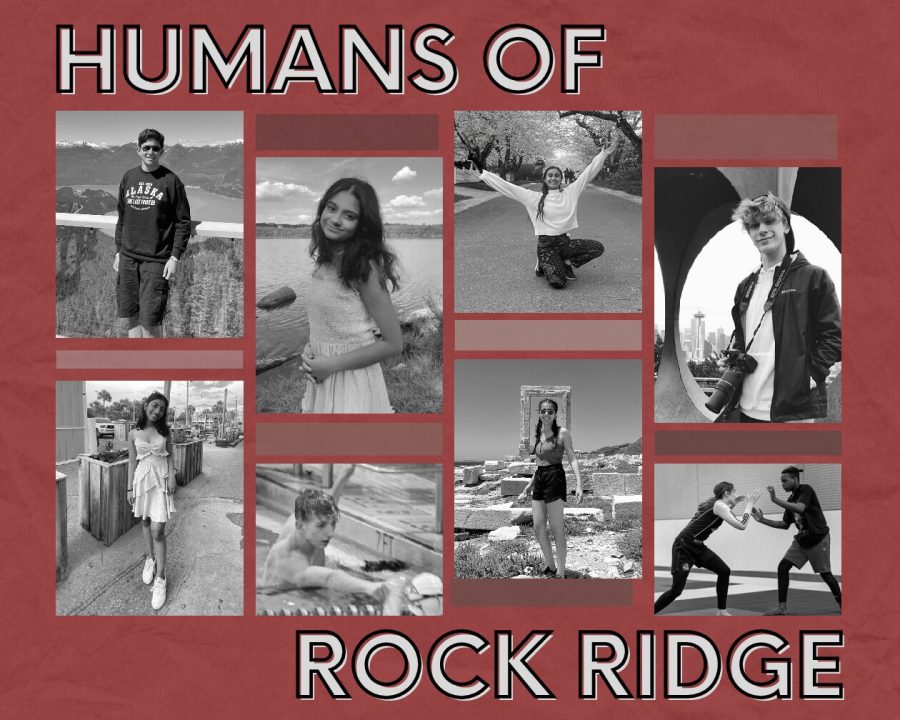
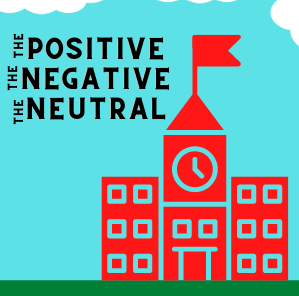
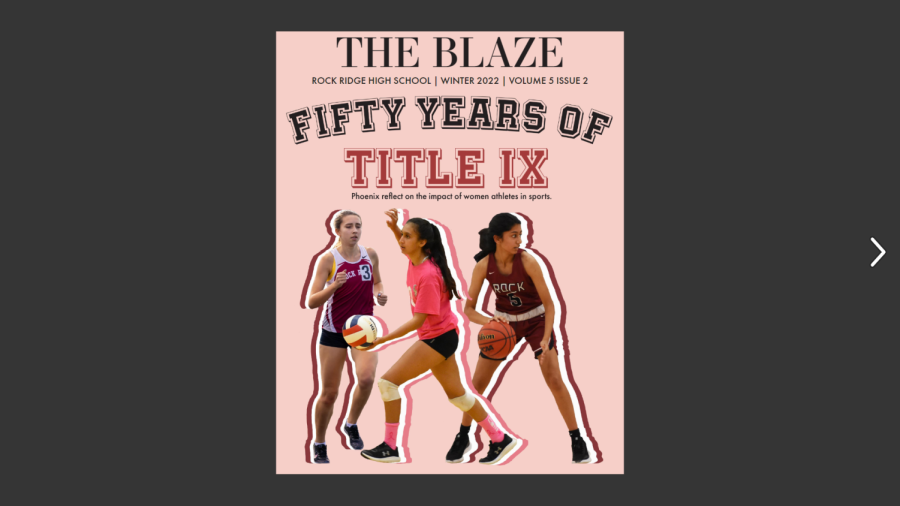
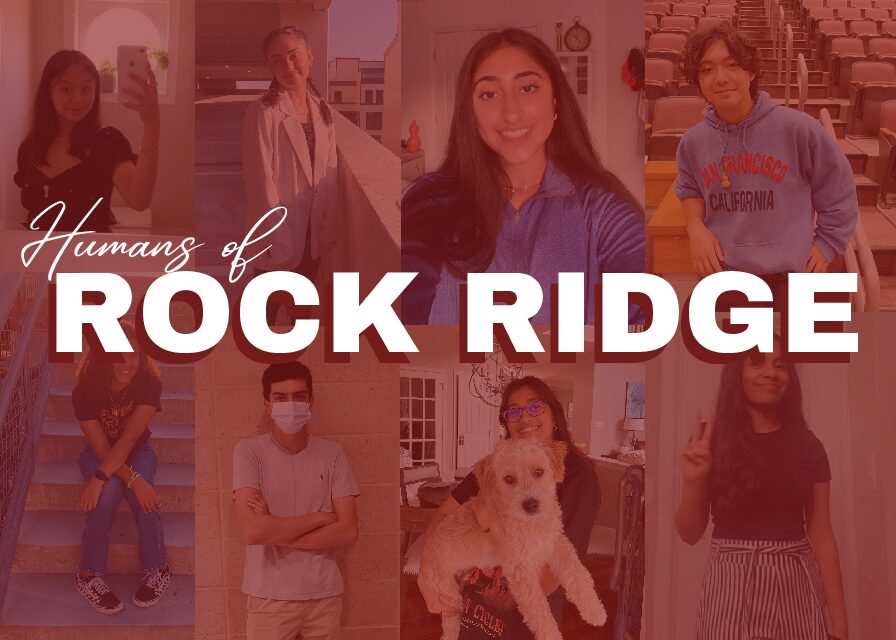
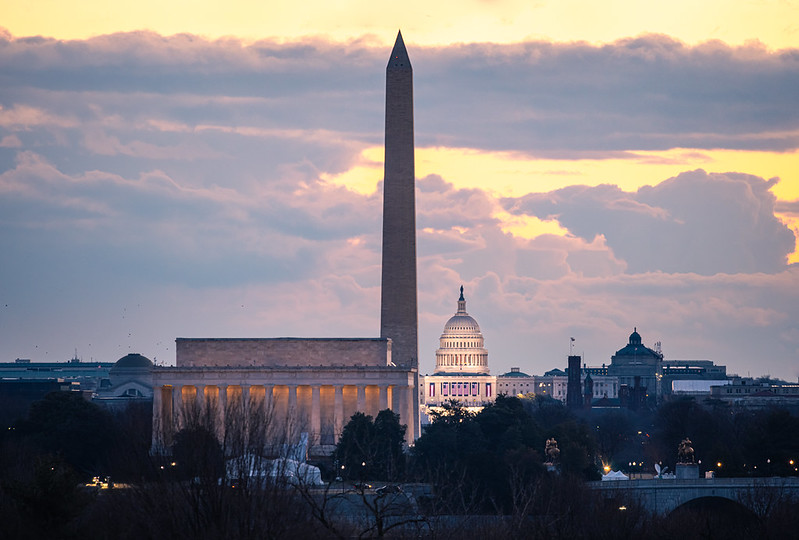
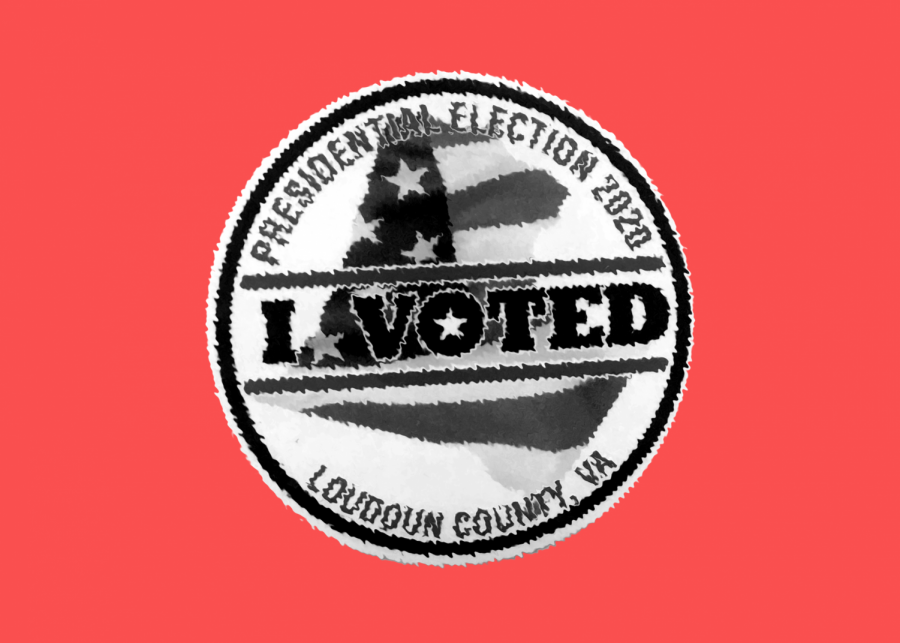
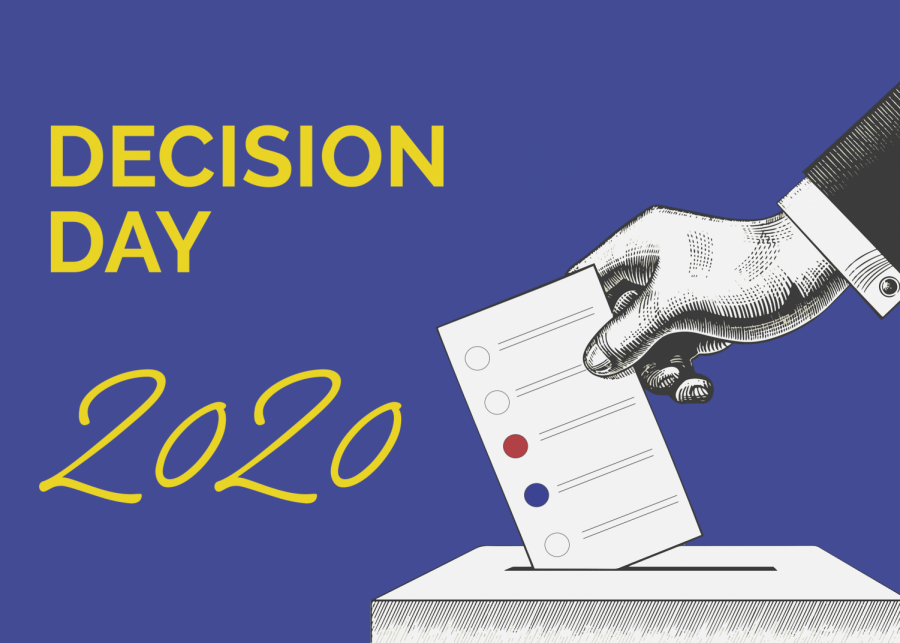
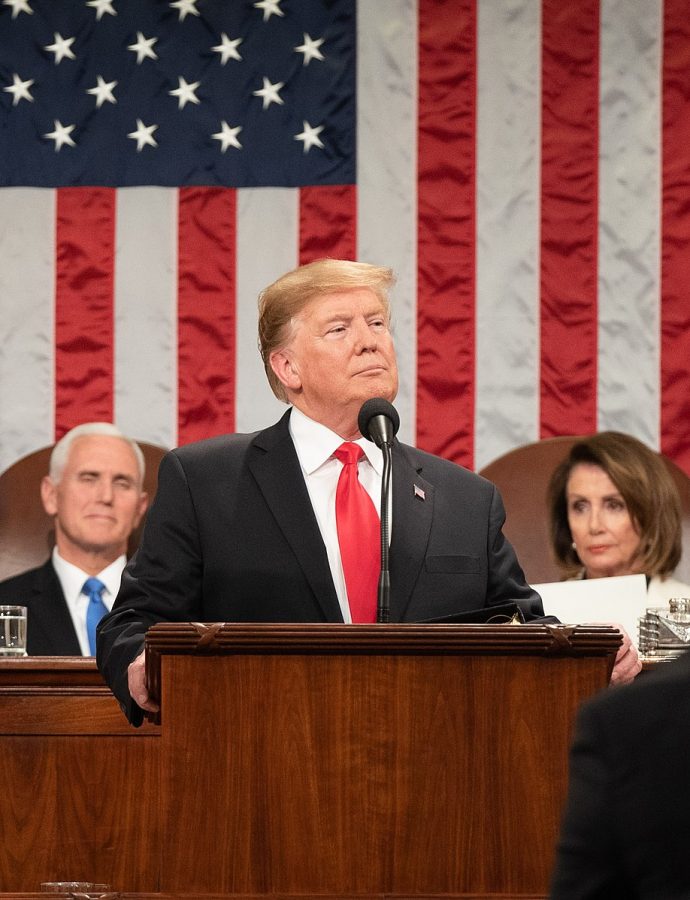
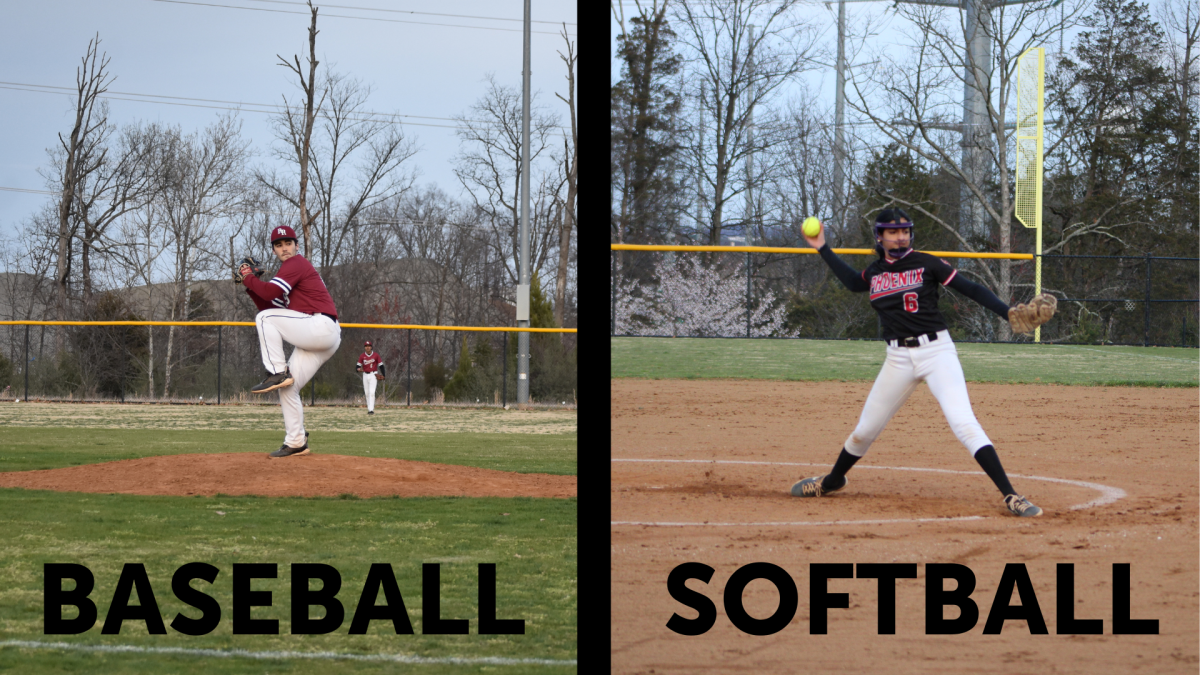
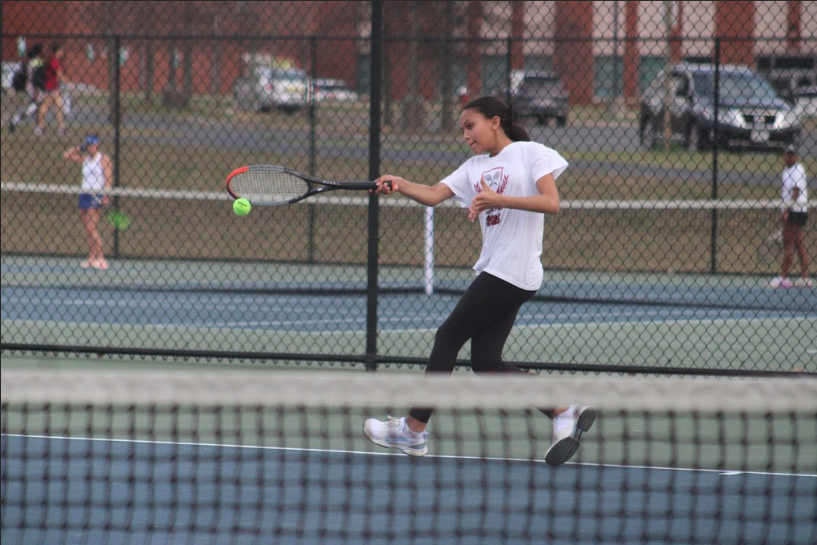
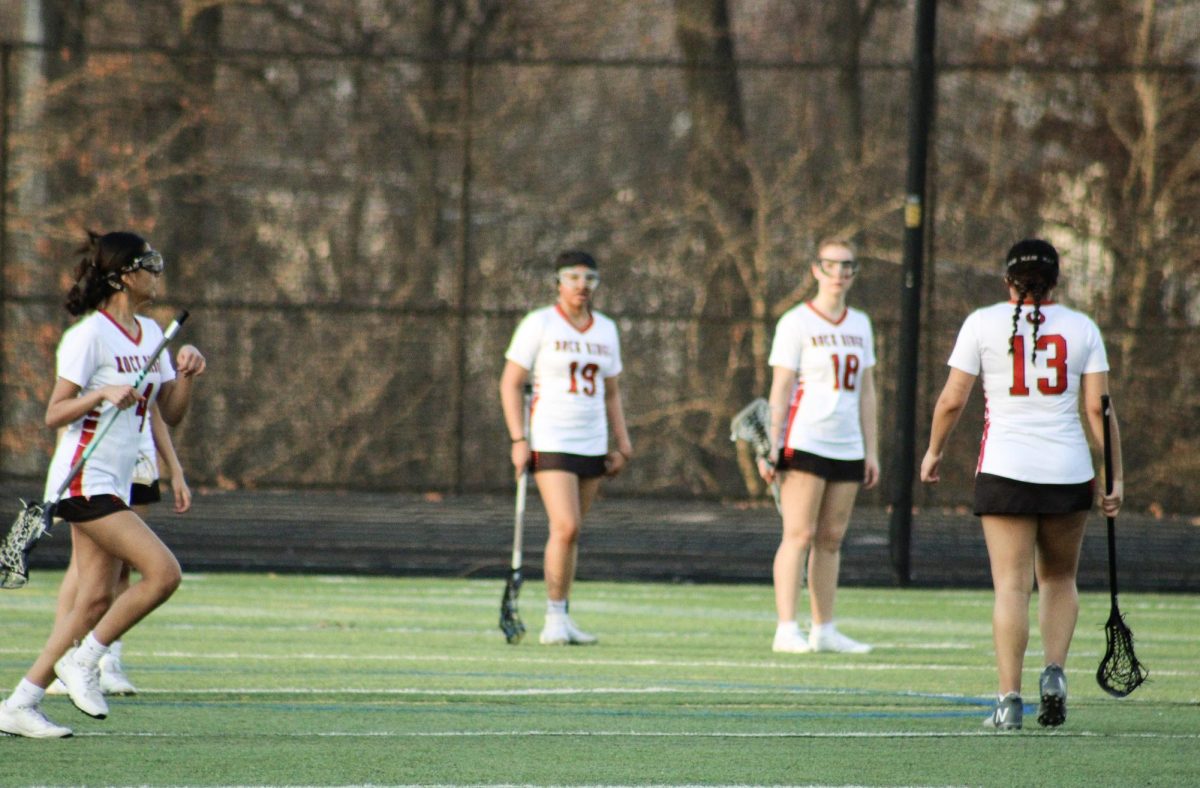
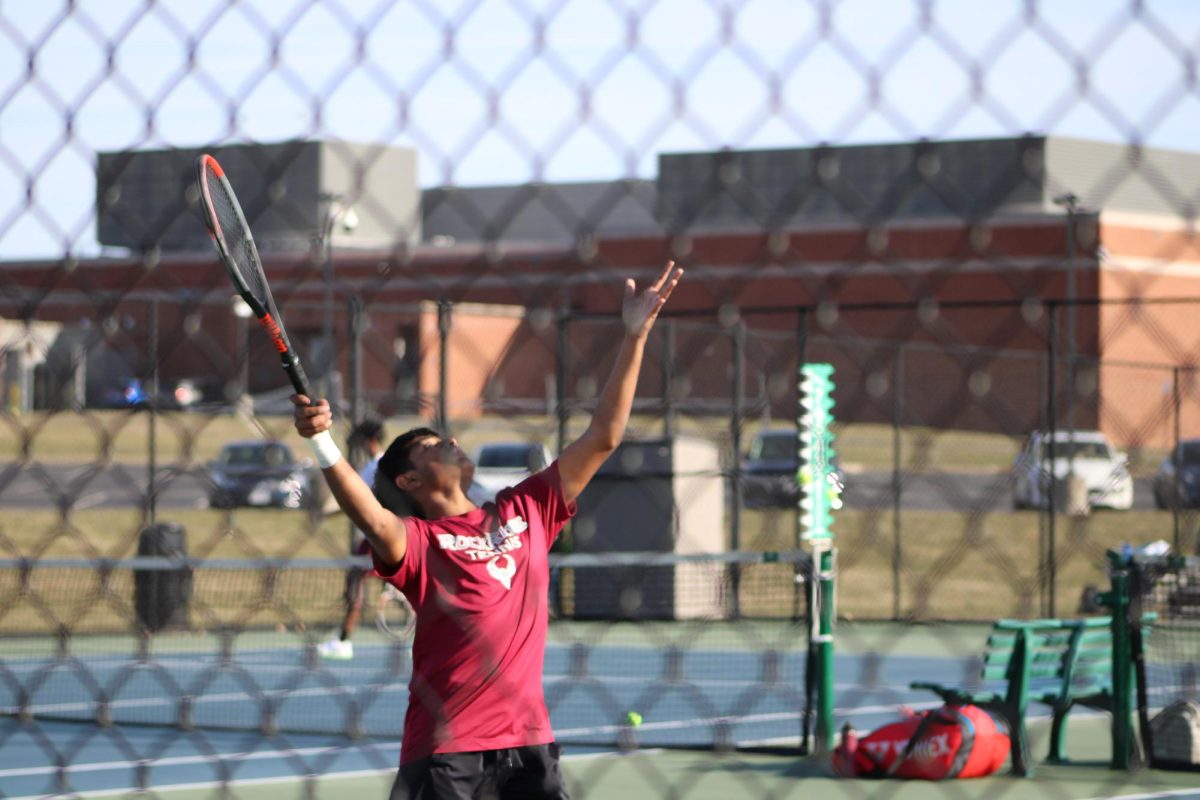
![With the energy and effort the Bolts were bringing to the game, the Phoenix had to step up and match them to make it through their first game of the season. Many of the girls on the team, including freshman Nazly Rostom, have been playing soccer since their childhood and have grown a love for the sport as a result. “It was fun to see how we actually played in a [real] game,” Rostom said. “Even though the outcome was not what we were hoping for, I’m still happy we got to play together.”](https://theblazerrhs.com/wp-content/uploads/2024/04/DSC_0154-1200x800.jpg)
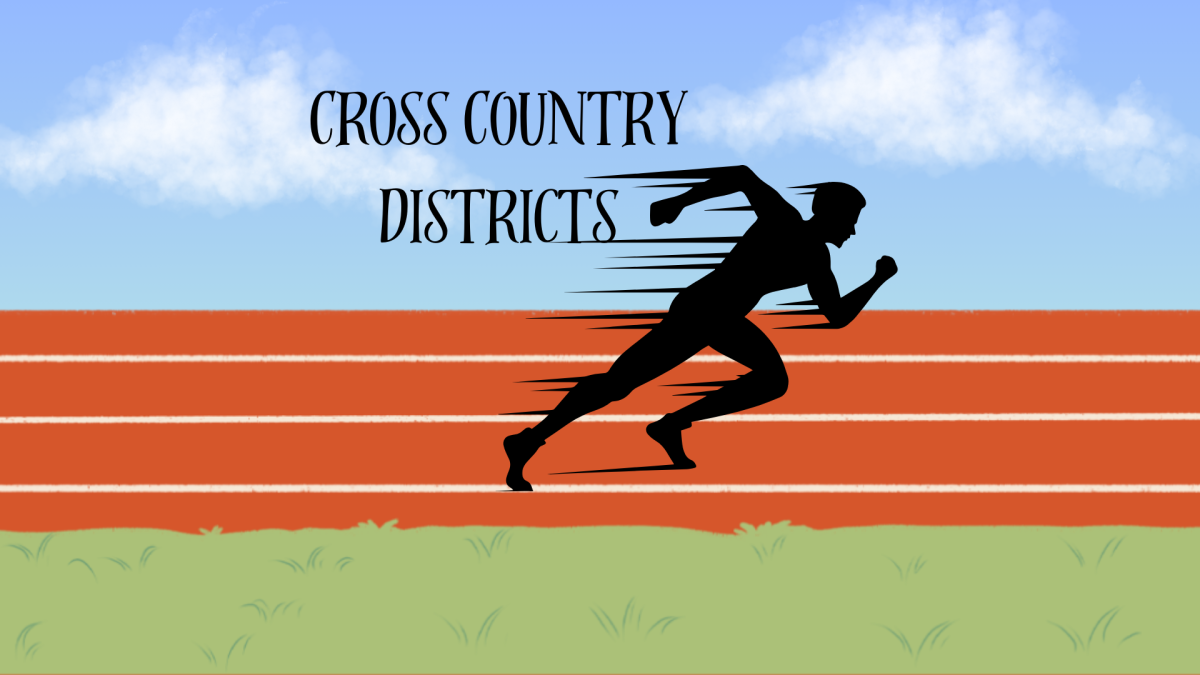
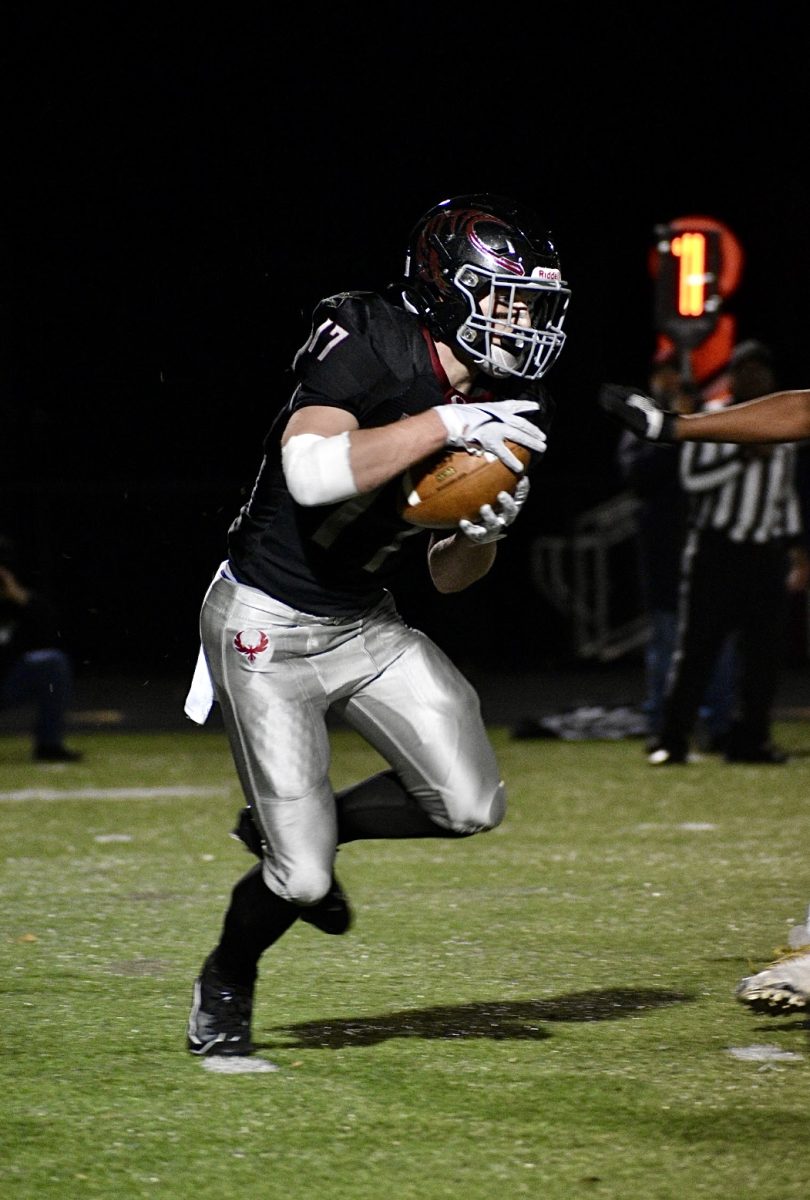
![Held up by a group of cheerleaders, flyer sophomore Leyu Yonas poses as part of a stunt, also supported by flyer junior Shayne Mitchell behind her. (Left) Prior to the pink out football game on Oct. 13, the athletes practiced in the aux gym from 5 p.m. to 6:30 p.m. (Right) On Oct. 19, the cheerleaders competed in their District Championships at Woodgrove High School. “We definitely put all our effort on the mat [at Districts], and it showed,” Mitchell said. Left: Photo by Nadia Shirr. Right: Photo by Steve Prakope via Victor O’Neill Studios.](https://theblazerrhs.com/wp-content/uploads/2023/11/feature-image-1200x823.png)
![Sophomore Xavier Smith (6), the Phoenix quarterback, runs the ball as his teammates help hold up the defense. “My [offensive] line collapses, so I just [have to run], and its a good way to get first downs because [Tuscarora’s] defense was really good,” Smith said.](https://theblazerrhs.com/wp-content/uploads/2023/11/IMG_5383-1200x897.jpg)
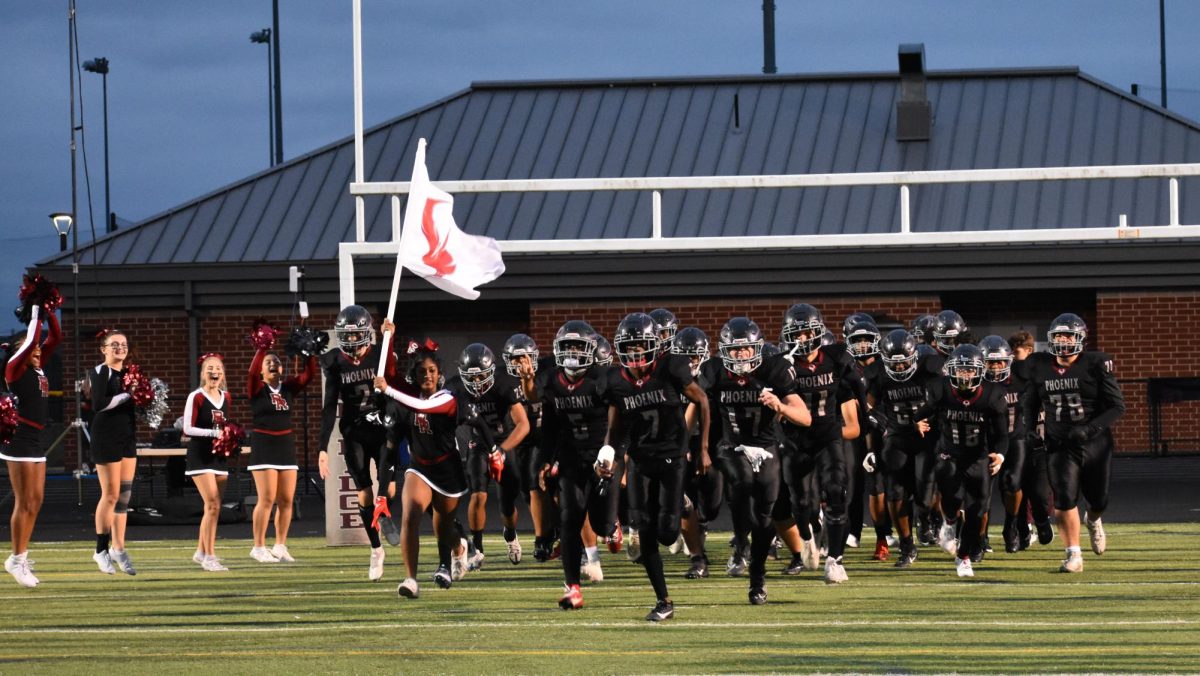

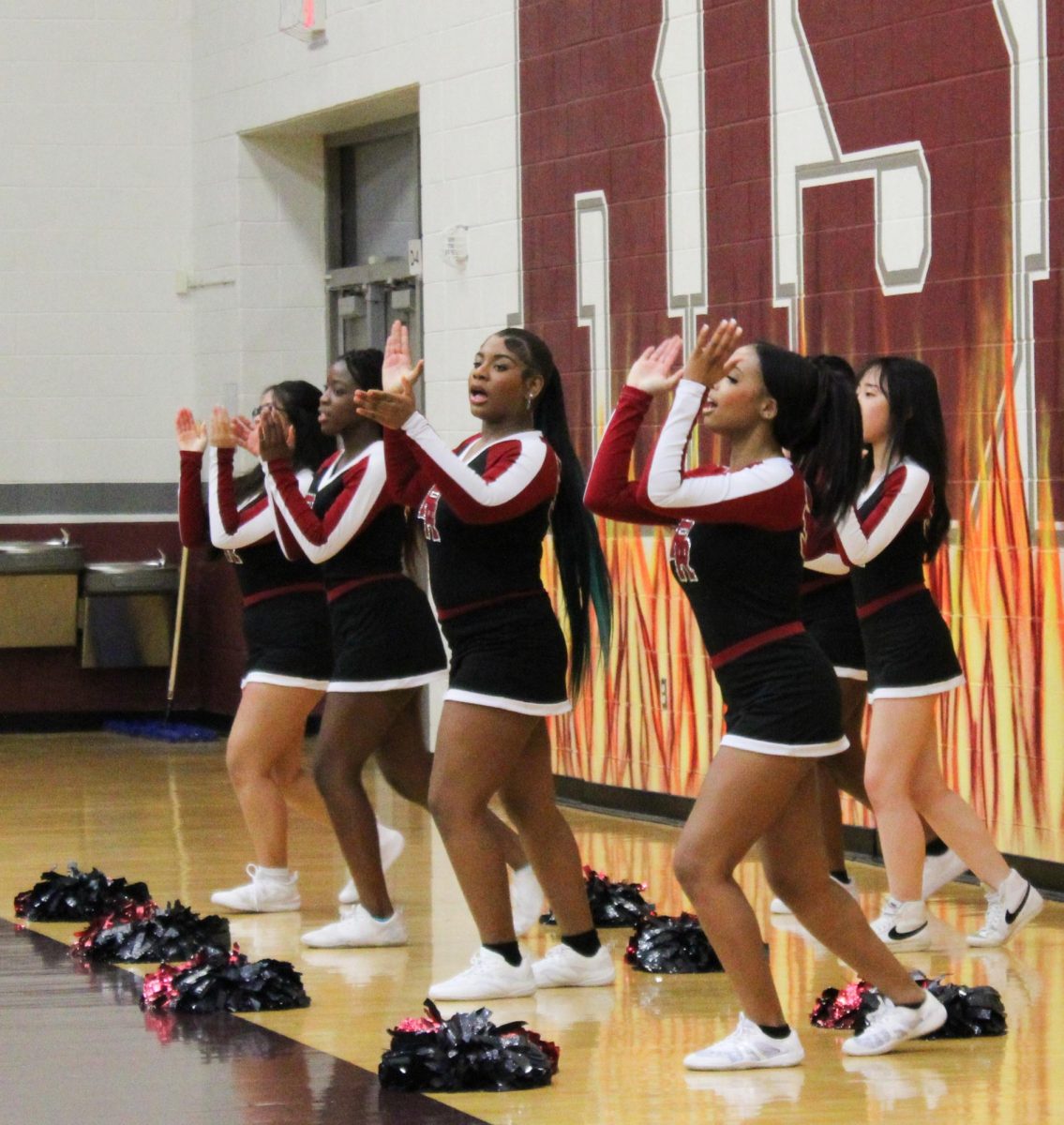
![As the referee throws the ball up for the tip-off, freshman Simone Diby leaps towards the ball to get it in Phoenix possession. Diby is a new member of the Phoenix girls basketball team, and despite it being a change, she finds it enjoyable. “It’s definitely a different experience if you’ve never played on a team, [but] I think it’s still fun.”](https://theblazerrhs.com/wp-content/uploads/2024/03/DSC_0057-1200x662.jpg)
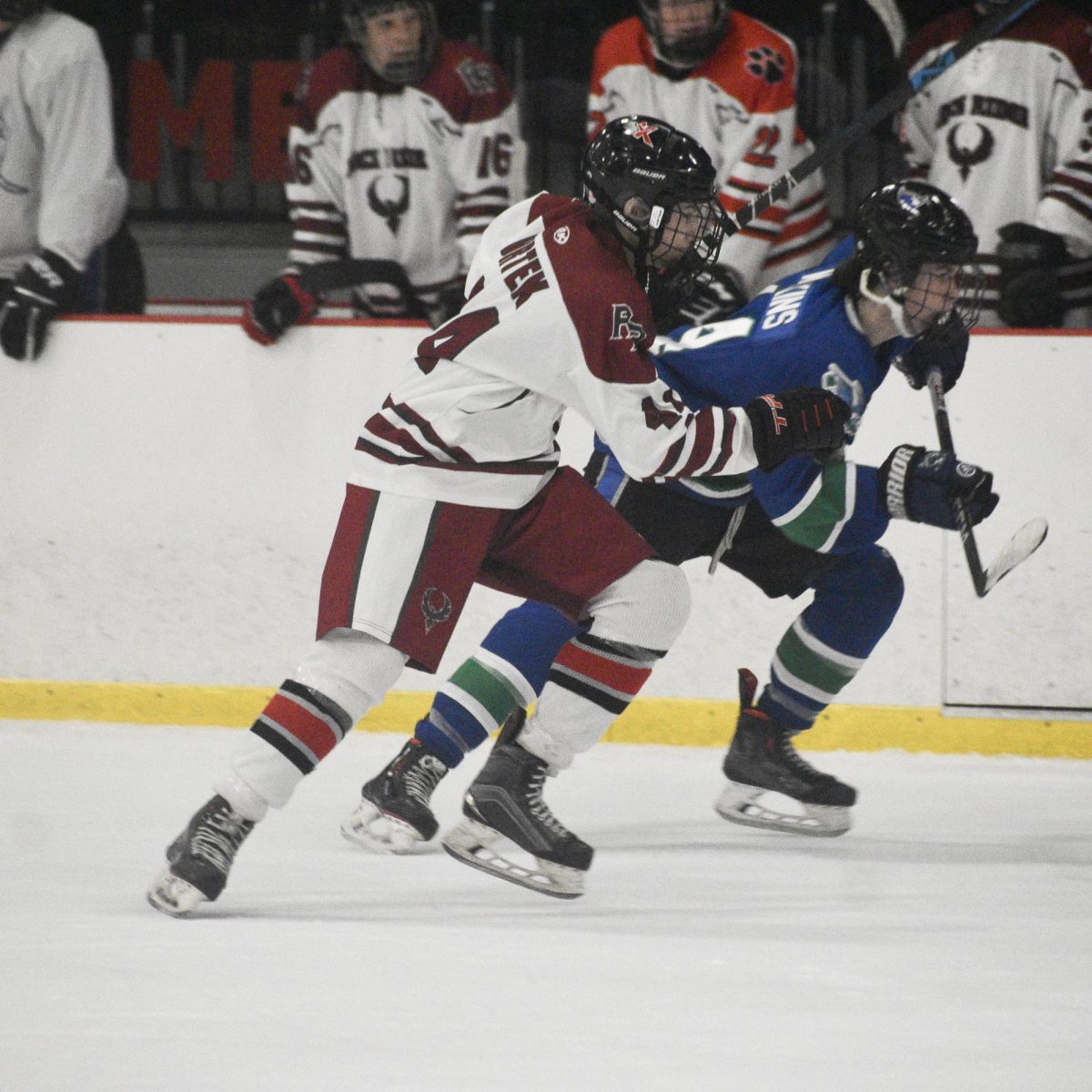
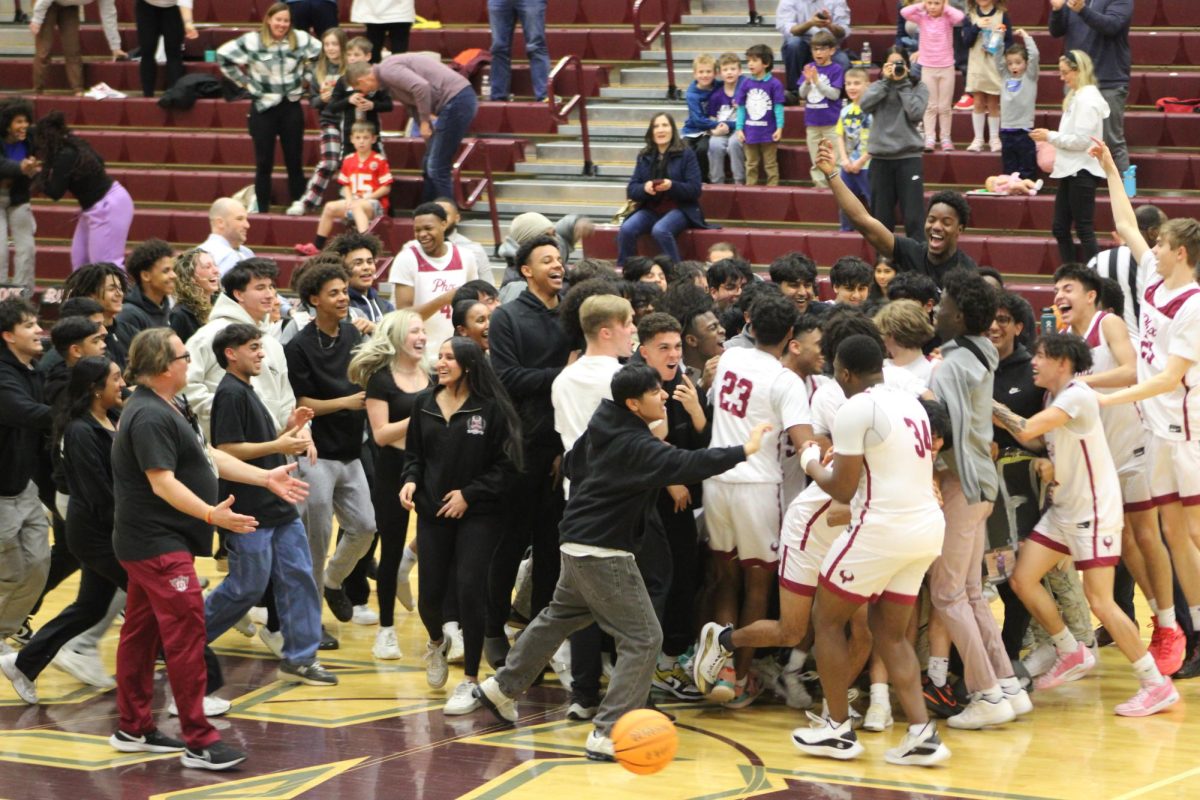
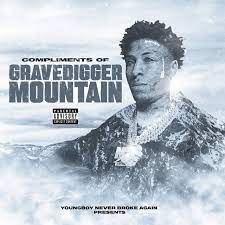

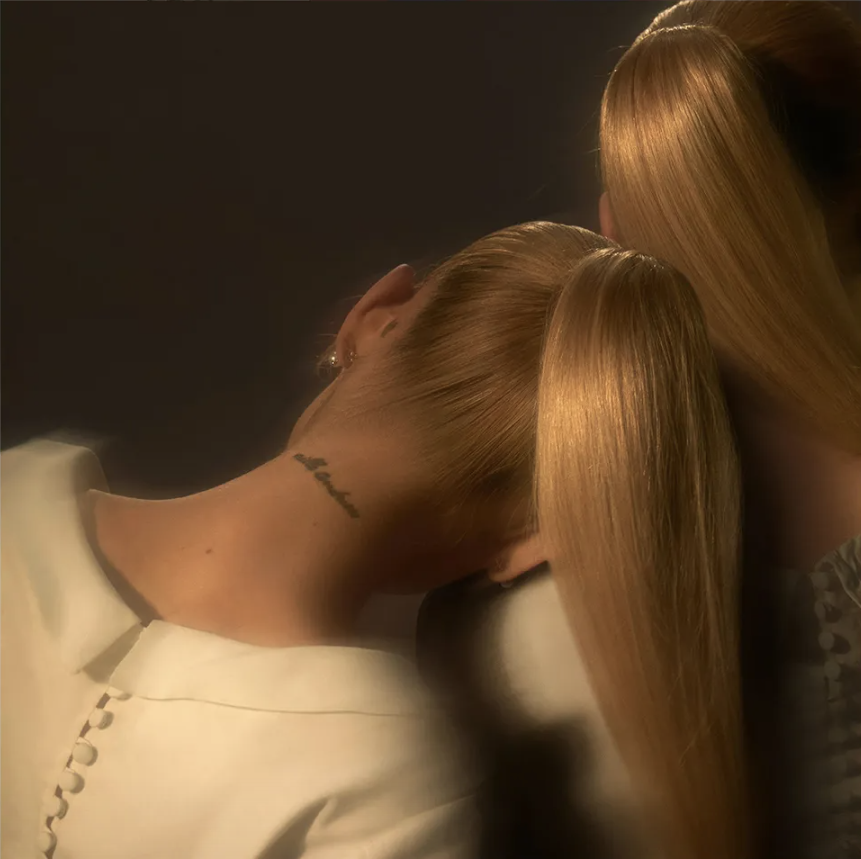
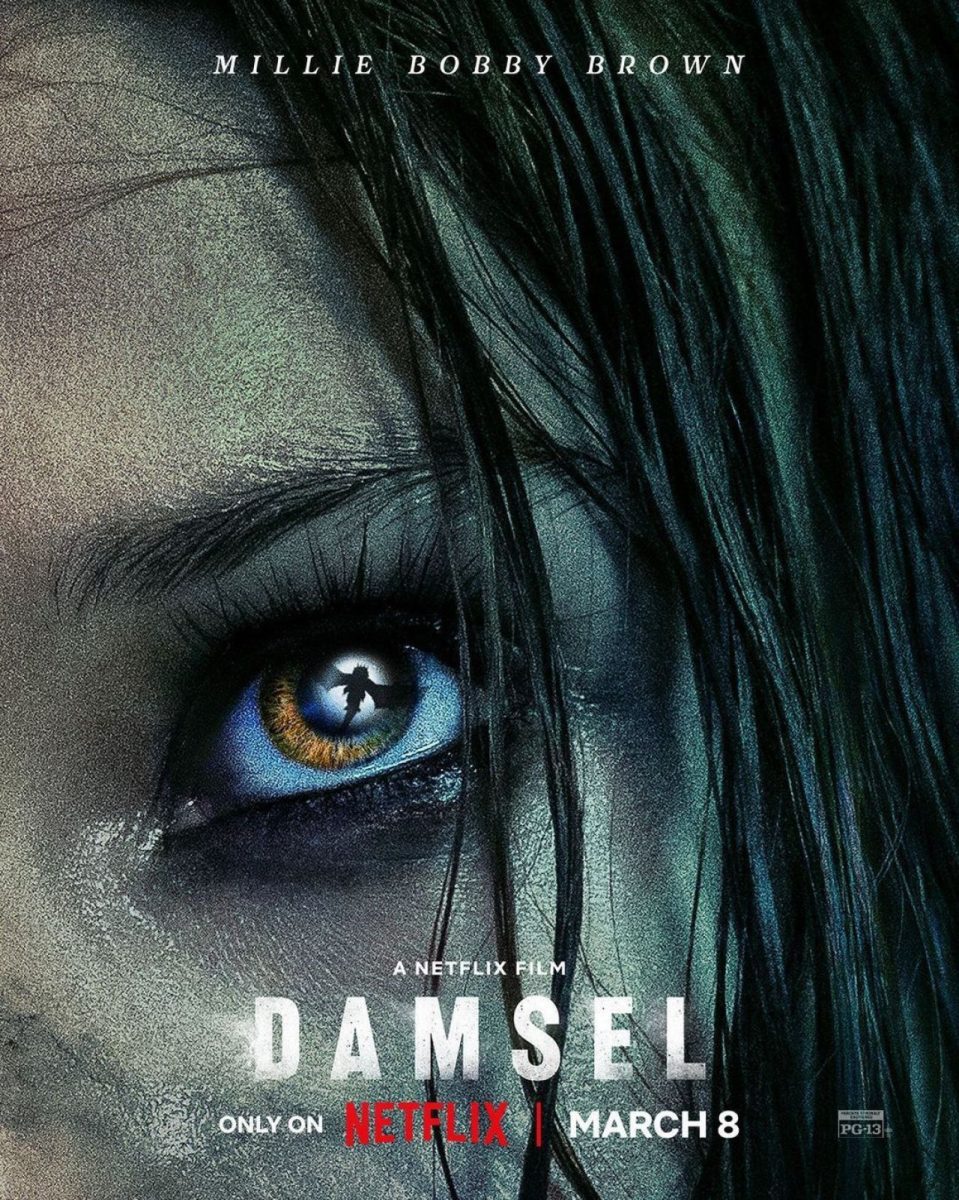
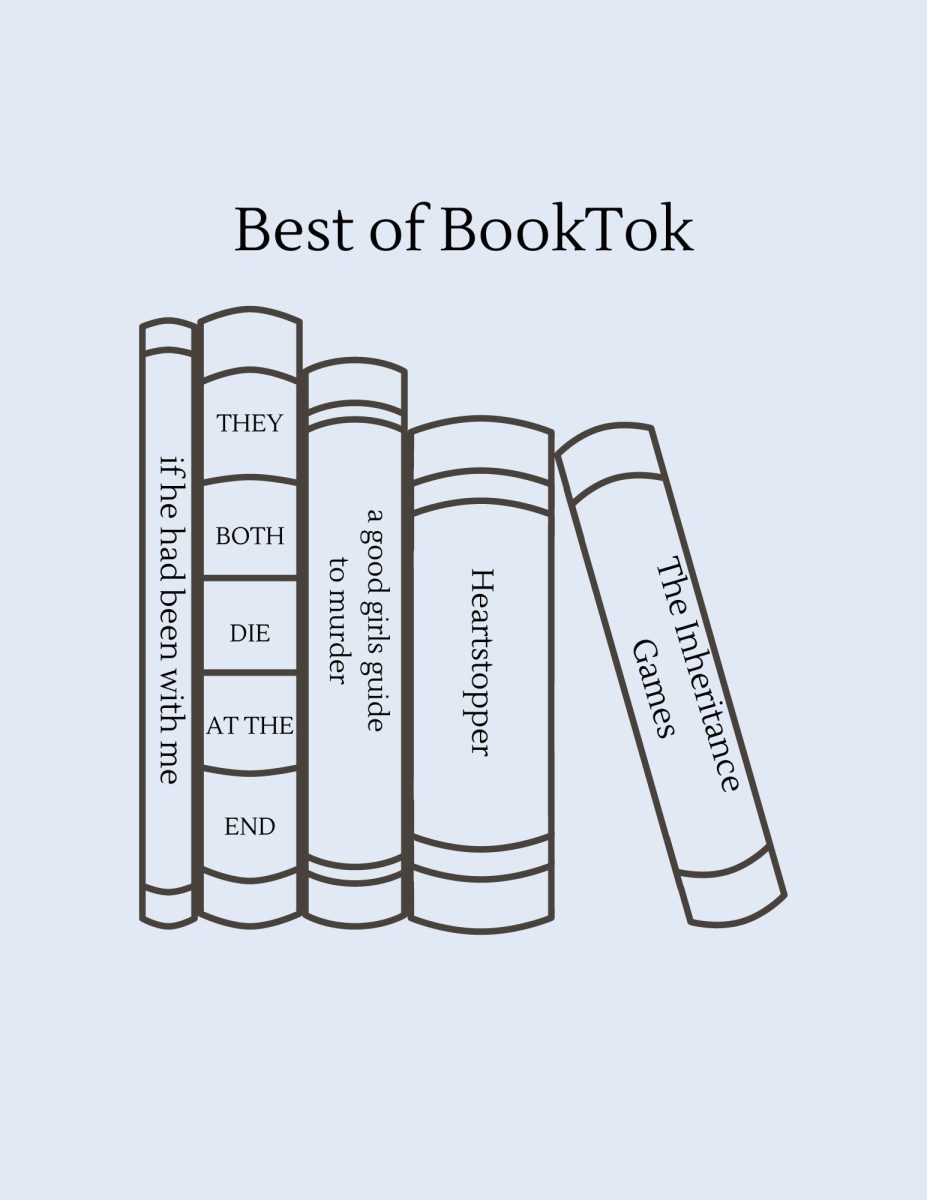

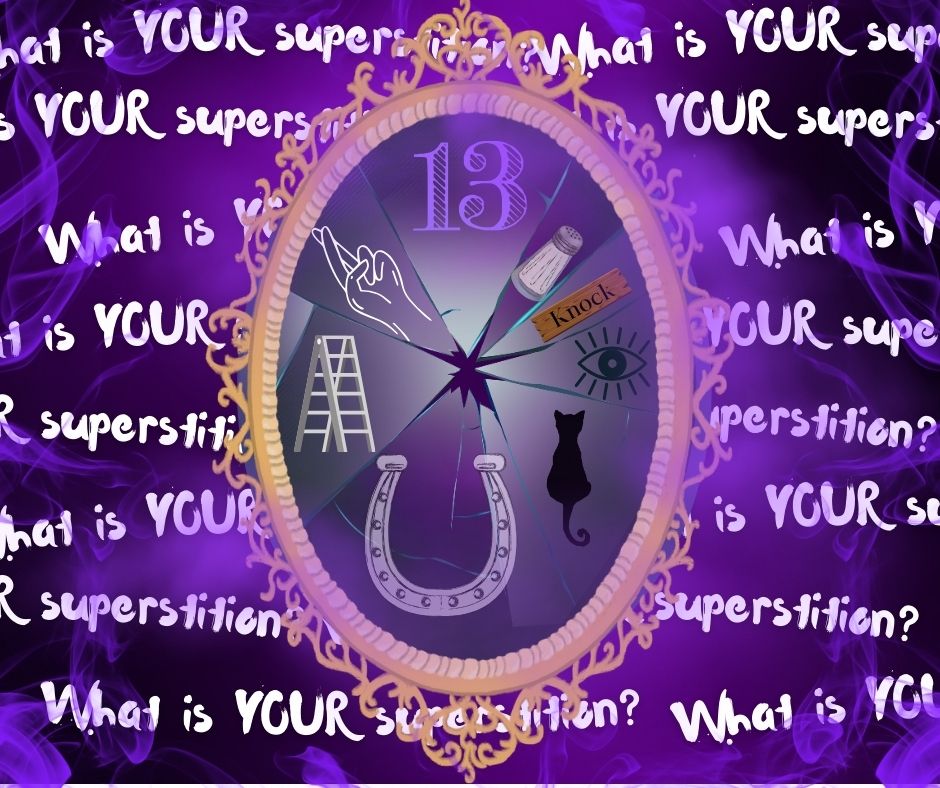
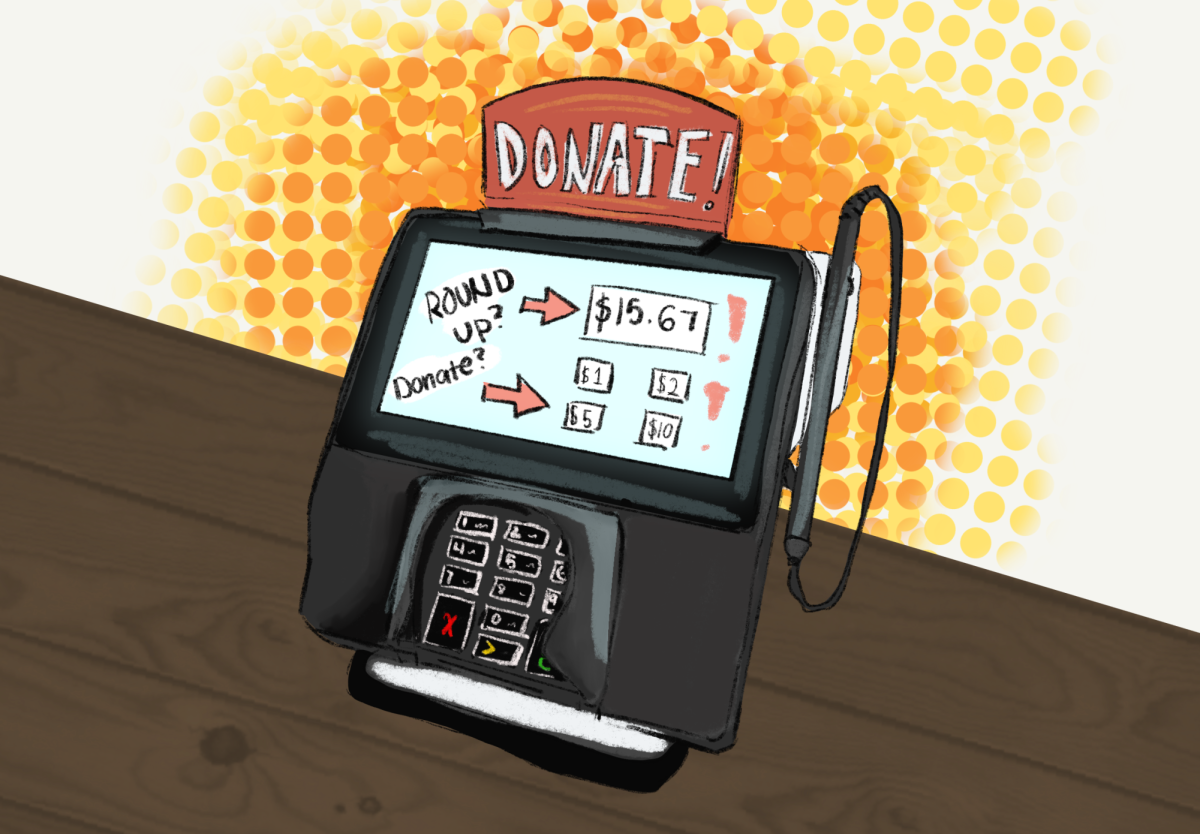

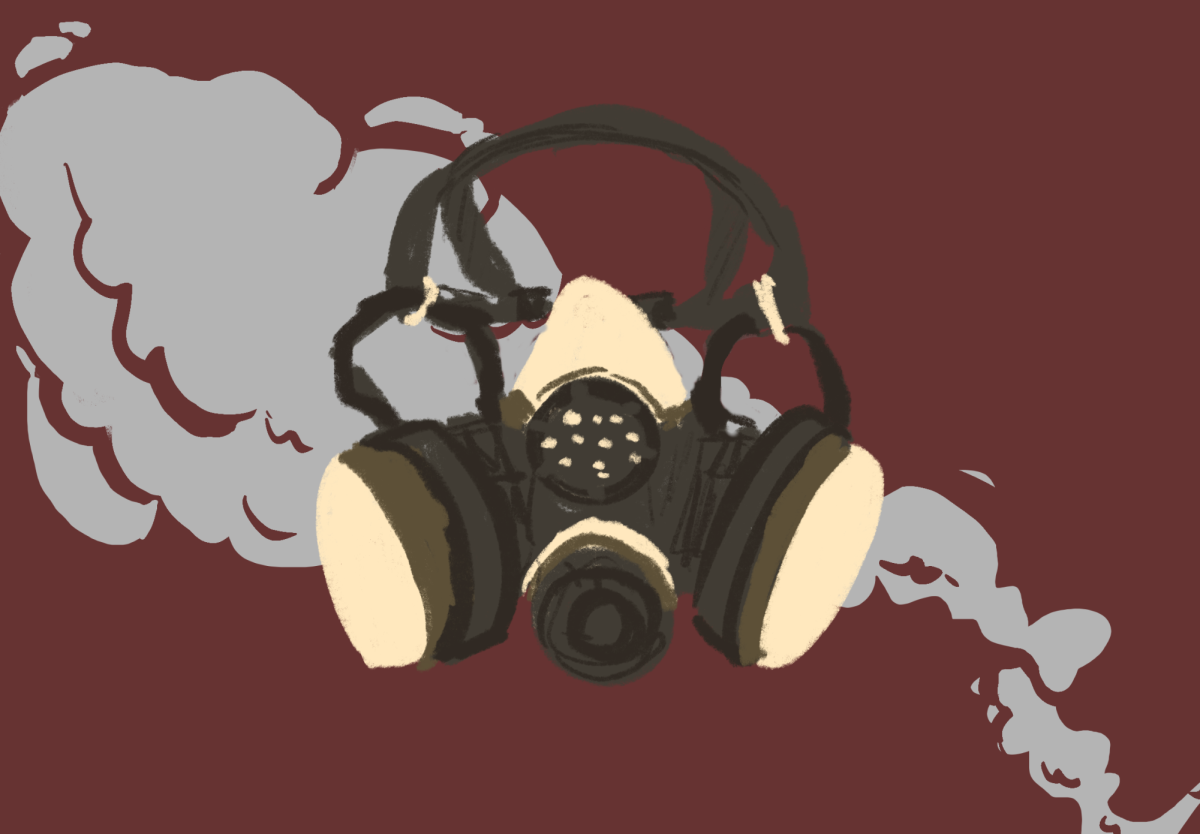
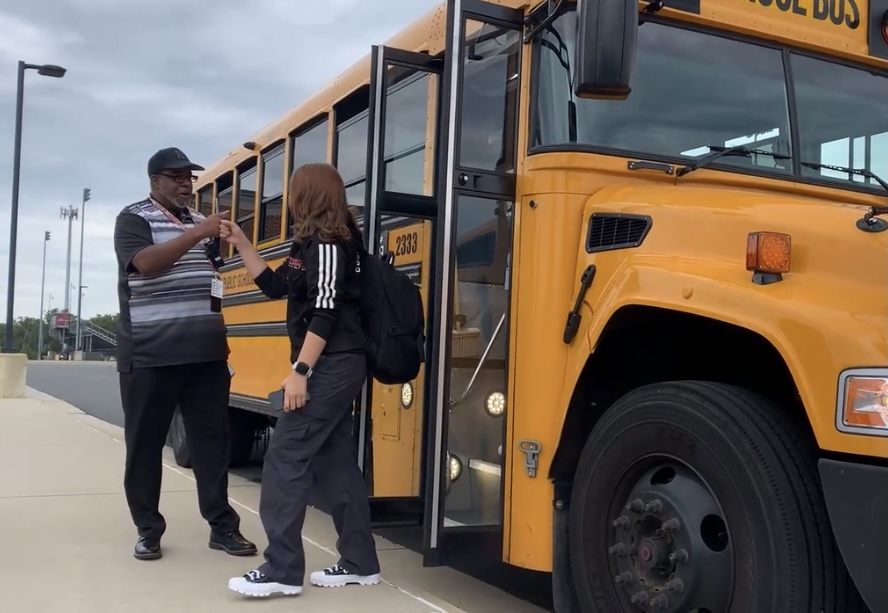
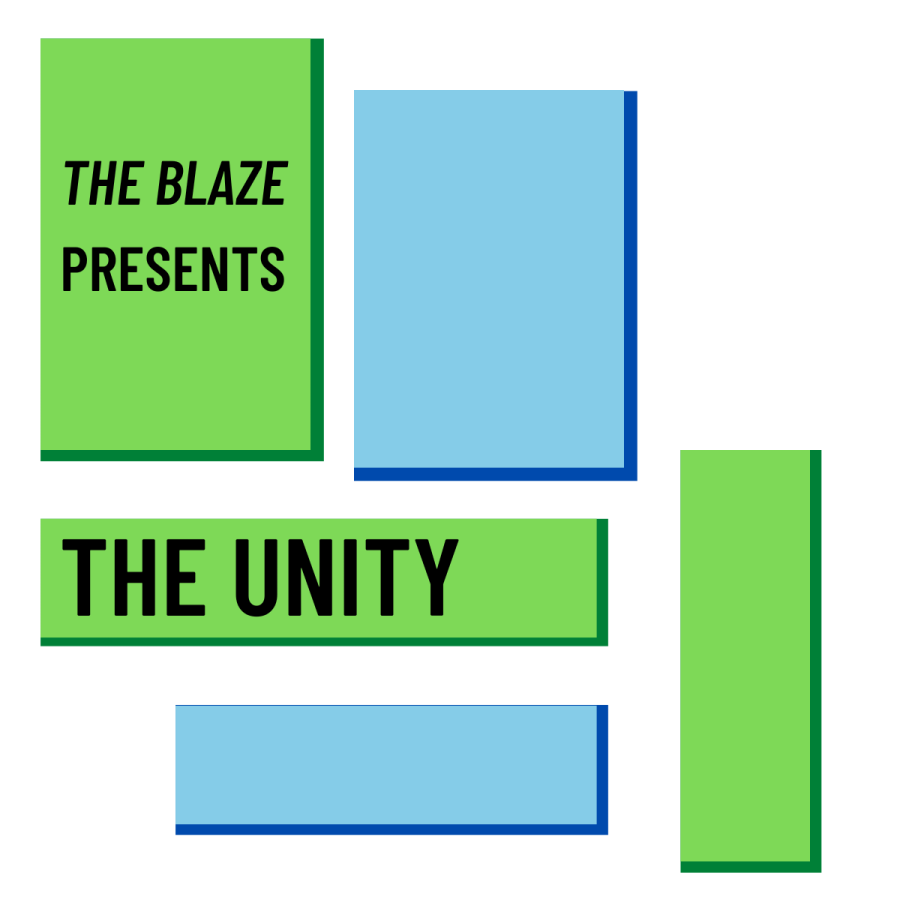
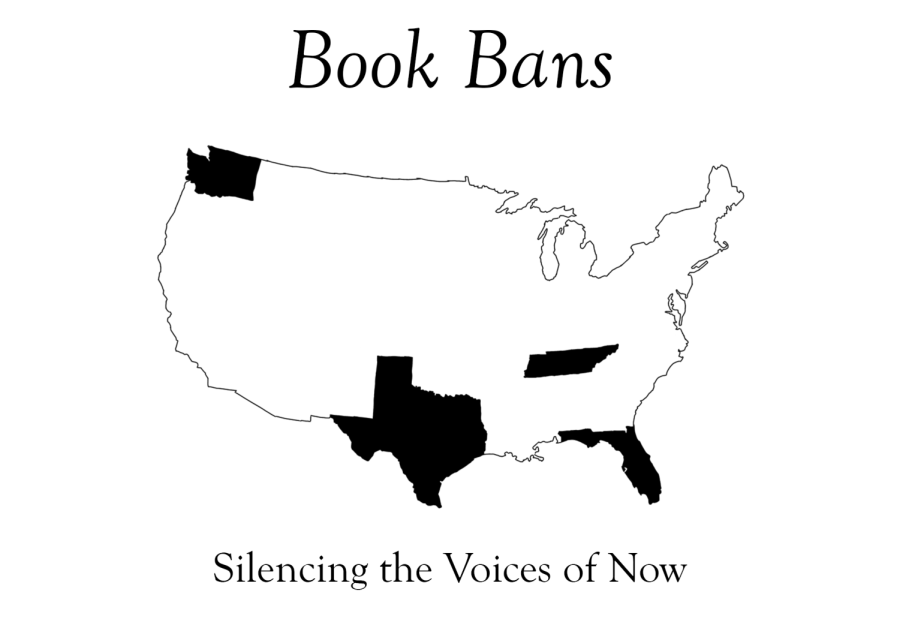
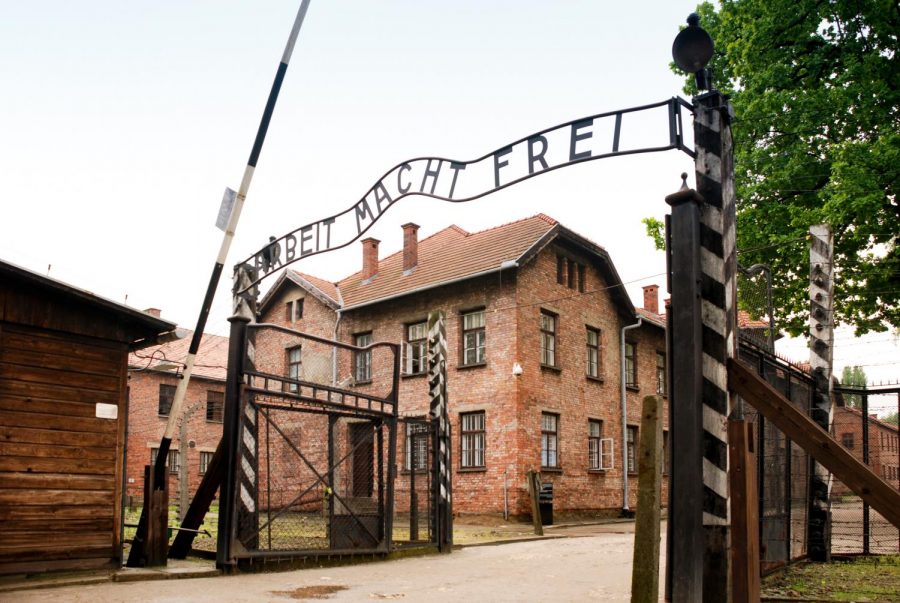
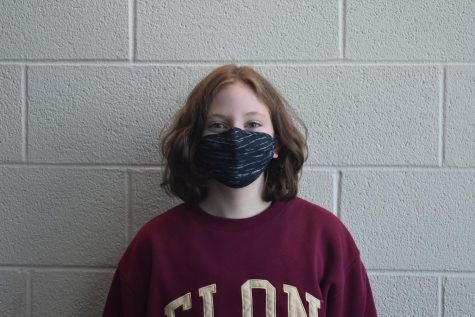
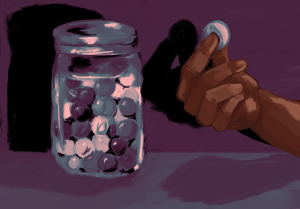
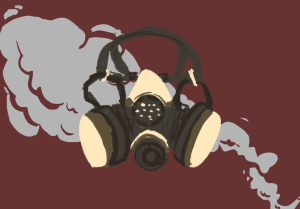

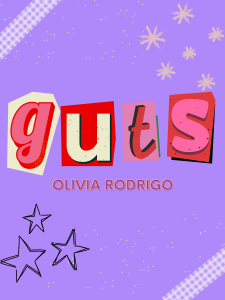
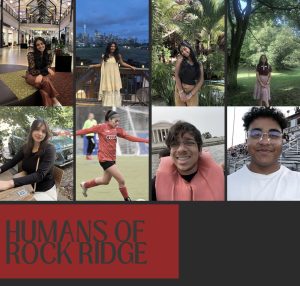



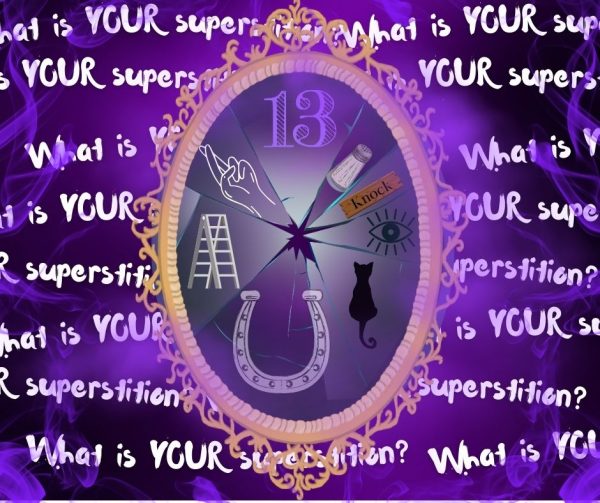
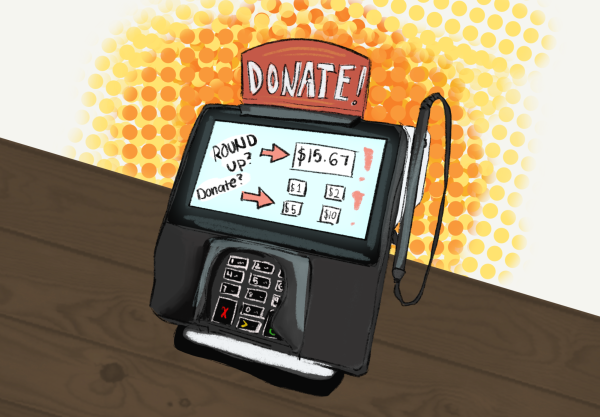

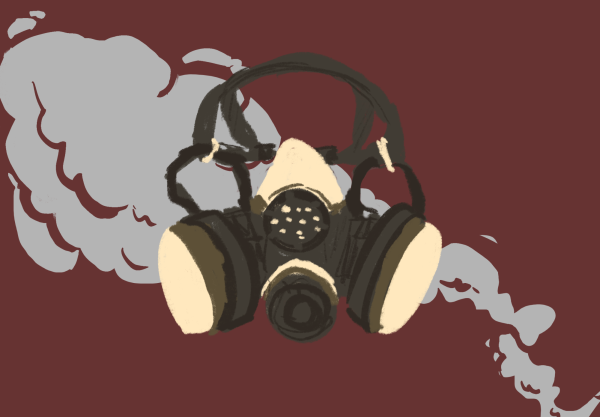
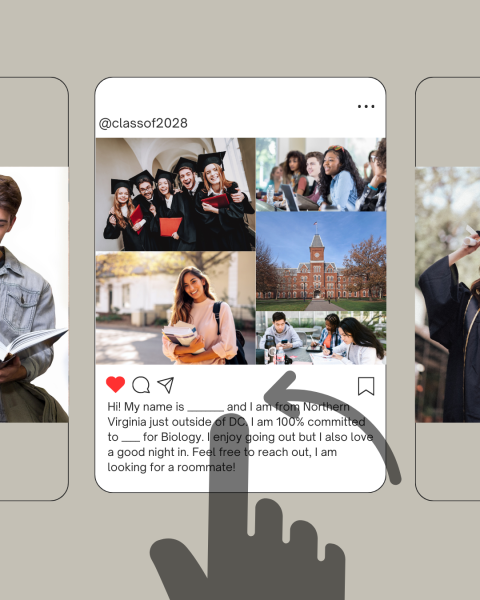
![Gracing stages, football games, and even the big screen, Taylor Swifts popularity doesn’t seem to be declining anytime soon as she’s been almost everywhere on social media, and just this December, [Swift] won TIME Magazine’s Person of the Year award. This brought along magnificent pictures of Swift, articles praising her, and some controversy between Swifites (Swifts most devoted fans), and other people on whether or not she should have won this award.](https://theblazerrhs.com/wp-content/uploads/2024/04/taylor-swift-person-of-the-year-1-547x600.png)
